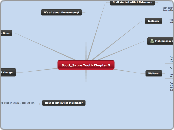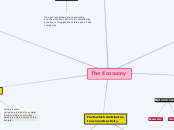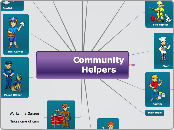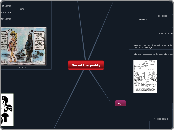por Tim Scott 12 anos atrás
234
Scott_Sabre Tooth Chapter 5
The narrative unfolds around the complex interplay between tribal economics and social dynamics. Initially, taxes are imposed on hunting and fishing, sparking a chain reaction among the tribes.









